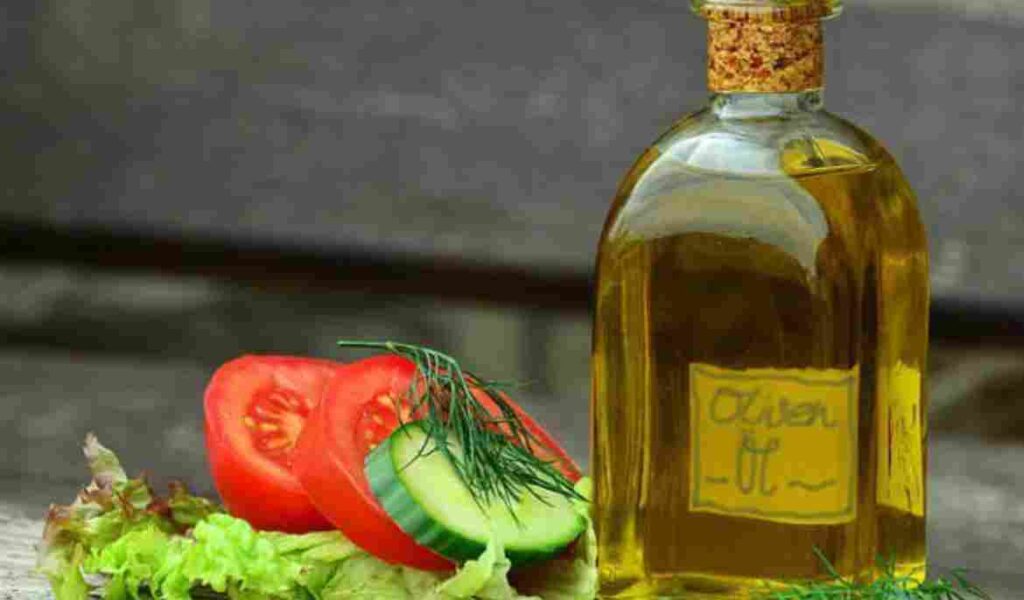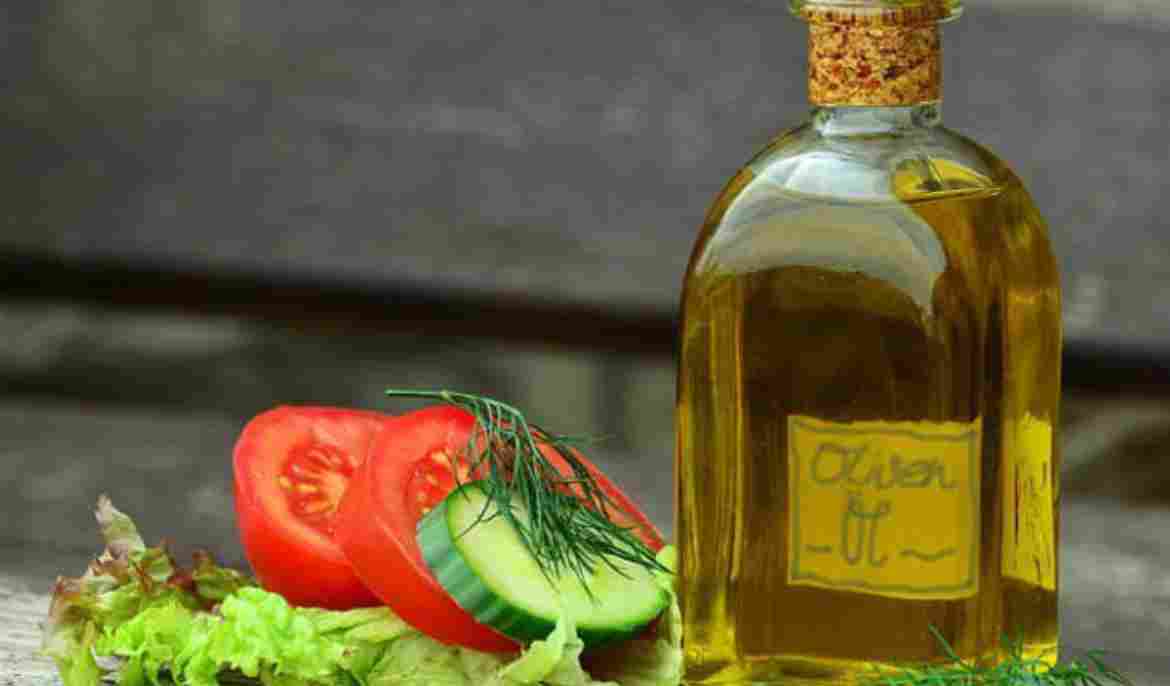Global olive oil markets are experiencing a shift, marking a departure from the past two years when drought and heatwaves led to reduced production and soaring prices.
Producer prices have dropped sharply across major trading hubs, as markets attempt to stabilise at historical levels following a return to normal production volumes. However, industry experts say attention must now focus on consumption patterns.
Cyprus appears to be bucking the international trend, with olive oil prices remaining close to last year’s levels, slightly lower in some cases, whilst prices abroad have decreased significantly. Direct-to-consumer sales in Cyprus start from €6-7 per litre for 20-litre containers.
Local producers highlight that reduced production in recent years has led to underutilised olive mills in Cyprus, with one facility closing every two to three years.
According to the Financial Courier, an unprecedented drop in producer prices has been recorded across Mediterranean trading centres, from Portugal to Turkey.
Analysis shows that extreme weather conditions affecting Spain, the world’s largest olive oil producer, resulted in a global supply shortage of approximately 1.5 million tonnes over the past two years. This led to explosive price increases and a subsequent 30-40% drop in consumption.
The 2024/25 trading period sees Spain leading global production back to historical levels, triggering recent price adjustments.
Current prices for extra virgin olive oil range from €5.00-5.40 per kilo across major trading centres (Spain, Portugal, Greece), whilst Tunisia quotes €4.80-5.20 per kilo, Turkey €4.25 per kilo for second-grade extra virgin, and Italy has moved from €9.20 to €7.80 per kilo.
In Cyprus, supermarket shelf prices recorded a 56.2% year-on-year increase in October, compared to 13.1% the previous year, according to the latest consumer price index.
Yiangos Yiangou, president of the Pancyprian Association of Olive Mill Owners, told Sigma TV that this year’s production has decreased due to drought and high summer temperatures. “Last year we had no rainfall, and this continues this year”, he said.
Yiangou added that the market has been flooded with blended oils and questionable quality olive oils, expressing concern about the lack of state controls on adulteration and quality. “No checks are being carried out by government services for adulterations and olive oil quality. I don’t know where this situation is heading”, he said.



